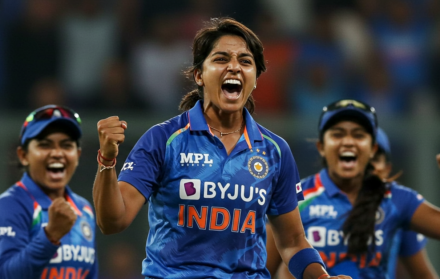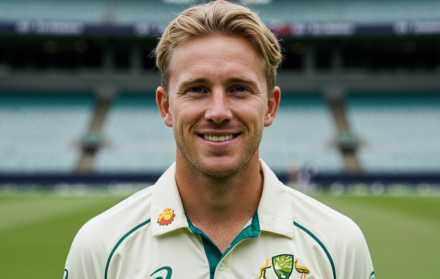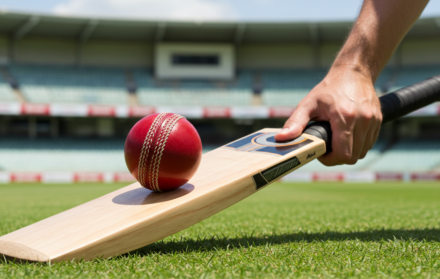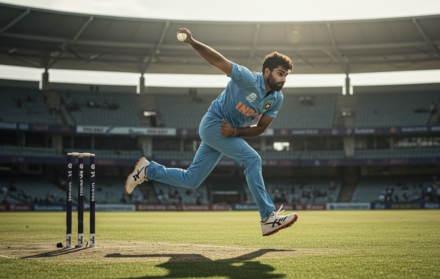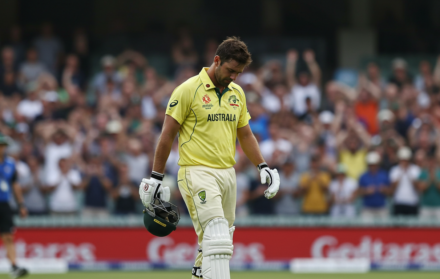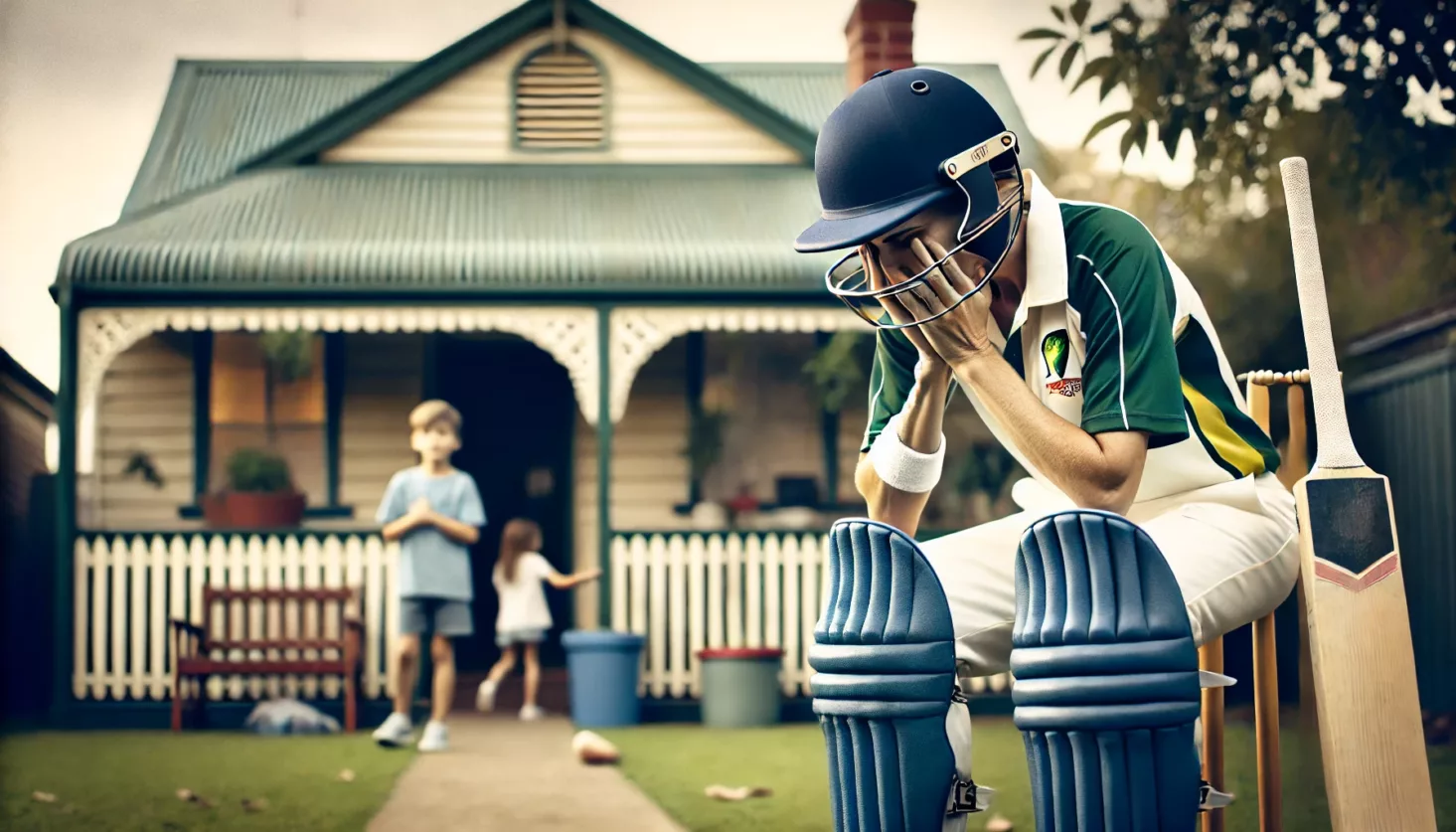
Women’s Cricket and The Challenges of Balancing Professional and Personal Life
The growth of women’s cricket over the years has been nothing short of remarkable, showcasing the strength, skill, and determination of female athletes. However, alongside the achievements and records in women’s cricket, players often face unique challenges that extend beyond the pitch. Balancing a demanding professional career with personal life responsibilities can be a daunting task, and for many women cricketers, this balance is a continuous struggle. The complexities of this issue are highlighted by the various challenges faced by women cricketers, from societal expectations to limited support systems.
One of the significant hurdles in women’s cricket is the comparison between men’s and women’s cricket, which often leads to unequal opportunities and pressures. Despite the influence of women’s cricket in inspiring a new generation, female cricketers frequently confront gender-specific challenges that their male counterparts do not encounter. These challenges include the fight against sexism and the ongoing battle for equal pay, which can add to the strain of balancing professional and personal life.
Moreover, the role of fan support in women’s cricket cannot be overstated, as it plays a crucial part in the sport’s growth and the well-being of the players. The importance of fan engagement is essential in empowering these athletes to continue striving for excellence, even as they navigate the difficult task of balancing their careers with personal commitments. Women’s cricket has also seen significant progress in its inclusion of diverse cultures, yet the media coverage gap remains a barrier that adds to the stress and challenges faced by women cricketers.
In addition to the societal and media-related challenges, the role of academies and training programs is vital in supporting female cricketers in managing their dual roles. These institutions often provide the necessary resources and guidance to help players maintain a balance between their cricketing careers and personal lives. However, the struggle is far from over, as the demands of the sport continue to evolve, particularly with the inclusion of women’s cricket in the Olympic Games and the increasing popularity of women’s cricket tournaments and leagues.
As women’s cricket continues to grow and inspire, the conversation around the challenges of balancing professional and personal life becomes more critical. Addressing these challenges head-on is essential not only for the well-being of the players but also for the future of the sport itself.
The Demands of Professional Cricket: A Test of Commitment and Endurance
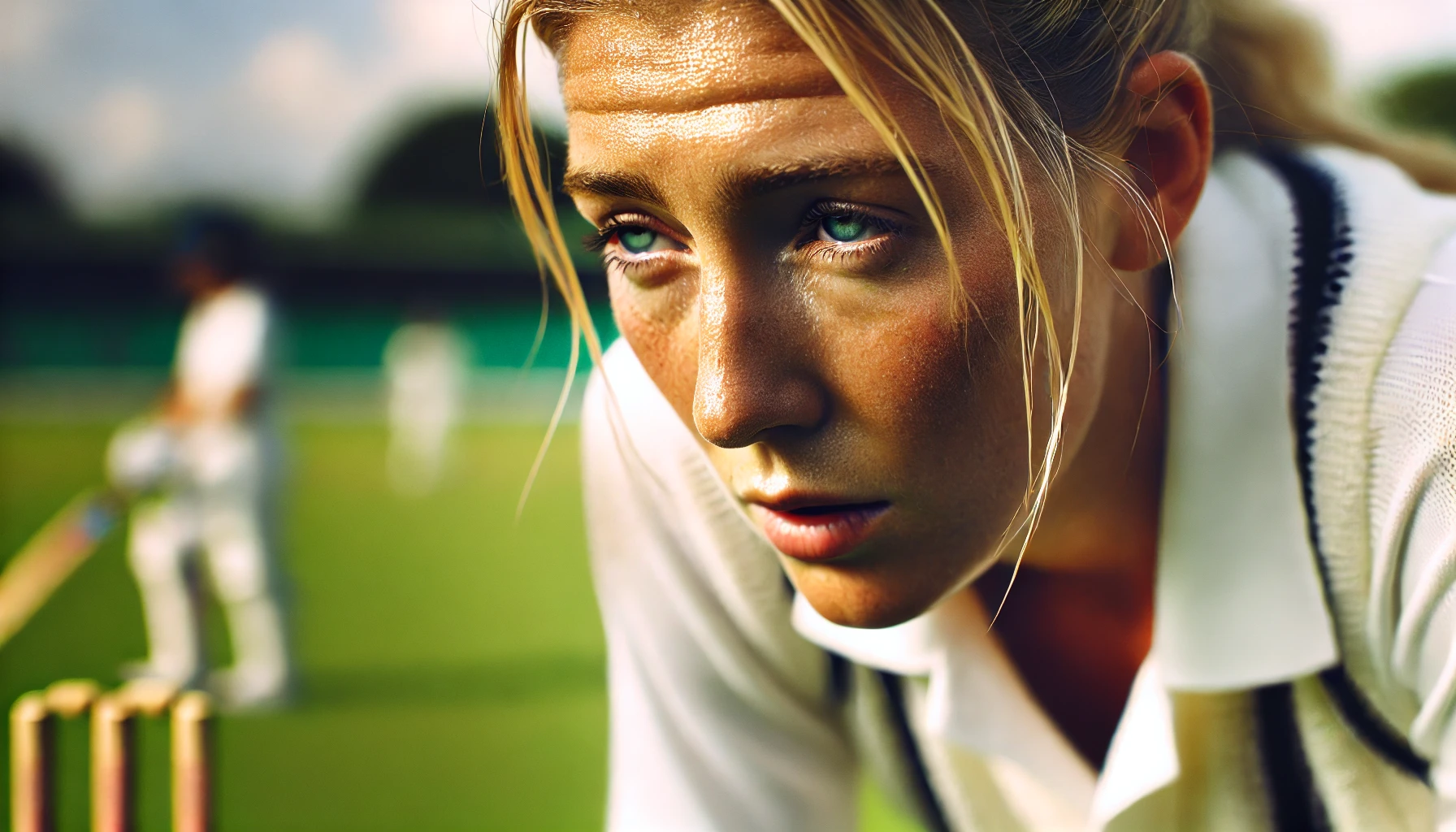
Professional cricket is a demanding sport that requires immense dedication, rigorous training, and a relentless focus on performance. For women cricketers, these demands are often compounded by the expectations and responsibilities they face in their personal lives. Balancing the rigorous demands of a professional cricket career with personal commitments is a challenge that many female athletes must navigate.
The physical and mental endurance required in professional cricket is considerable. Training sessions, travel for international and domestic matches, and the constant need to stay in peak physical condition all take a toll. Women cricketers often spend long periods away from home, which can strain personal relationships and disrupt family life. The pressure to perform consistently at a high level adds to this challenge, as any dip in form can have significant career implications. For many women in cricket, this balancing act involves making difficult choices, such as delaying family plans or relying heavily on support networks to manage personal responsibilities.
In addition to the time and energy demands, women cricketers often face societal expectations that add another layer of pressure. In many cultures, women are expected to fulfill traditional roles as caregivers and homemakers, which can conflict with the demands of a professional sports career. This cultural expectation can create a sense of guilt or conflict for women who are passionate about their cricket careers but also want to meet societal expectations in their personal lives. Navigating these dual pressures requires a strong sense of self and a support system that understands and values both aspects of their lives.
The demands of professional cricket for women are immense, requiring not only physical and mental endurance but also a careful balancing act between career and personal life. Women cricketers must navigate the challenges of long hours, extensive travel, and societal expectations, often making sacrifices in one area to succeed in another. The ability to balance these demands is a testament to their resilience and commitment to the sport they love.
The Role of Family and Support Networks in Achieving Balance
The role of family and support networks is crucial in helping women cricketers achieve balance between their professional and personal lives. For many female athletes, the backing of family members, friends, and mentors is a key factor in their ability to pursue a career in cricket while managing personal responsibilities. This support can come in many forms, from emotional encouragement to practical assistance with childcare, household duties, and managing time effectively.
One of the most significant challenges for women cricketers is managing the demands of family life, especially for those who are mothers or primary caregivers. The intense training schedules and frequent travel required for cricket can make it difficult to be present for family milestones and daily routines. In these situations, having a supportive partner or family members who can step in and help with childcare and household responsibilities is essential. Many successful women cricketers have spoken about the importance of having a reliable support network that allows them to focus on their career without feeling guilty about their family commitments.
In addition to family support, professional networks and mentors within the cricketing community also play a vital role in helping women cricketers navigate the challenges of balancing their careers with personal life. Mentors who have experienced similar challenges can offer valuable advice and guidance on how to manage time, set priorities, and maintain a healthy work-life balance. These mentors can also provide emotional support, helping female athletes cope with the stress and pressures that come with being a professional cricketer.
However, the reliance on support networks can also present challenges. For some women cricketers, the pressure to be independent and self-sufficient can make it difficult to ask for help, even when it is needed. Additionally, not all female athletes have access to the same level of support, particularly those who come from less privileged backgrounds or who are navigating the sport in cultures where women’s cricket is less supported. These disparities can create additional barriers to achieving balance and success in both professional and personal life.
The role of family and support networks is essential in helping women cricketers balance their professional careers with personal responsibilities. The backing of loved ones and mentors provides the practical and emotional support needed to navigate the challenges of a demanding cricket career. While this support is invaluable, it is also important for the cricketing community to recognize and address the disparities in access to support that some women cricketers face.
The Impact of Societal Expectations on Women Cricketers
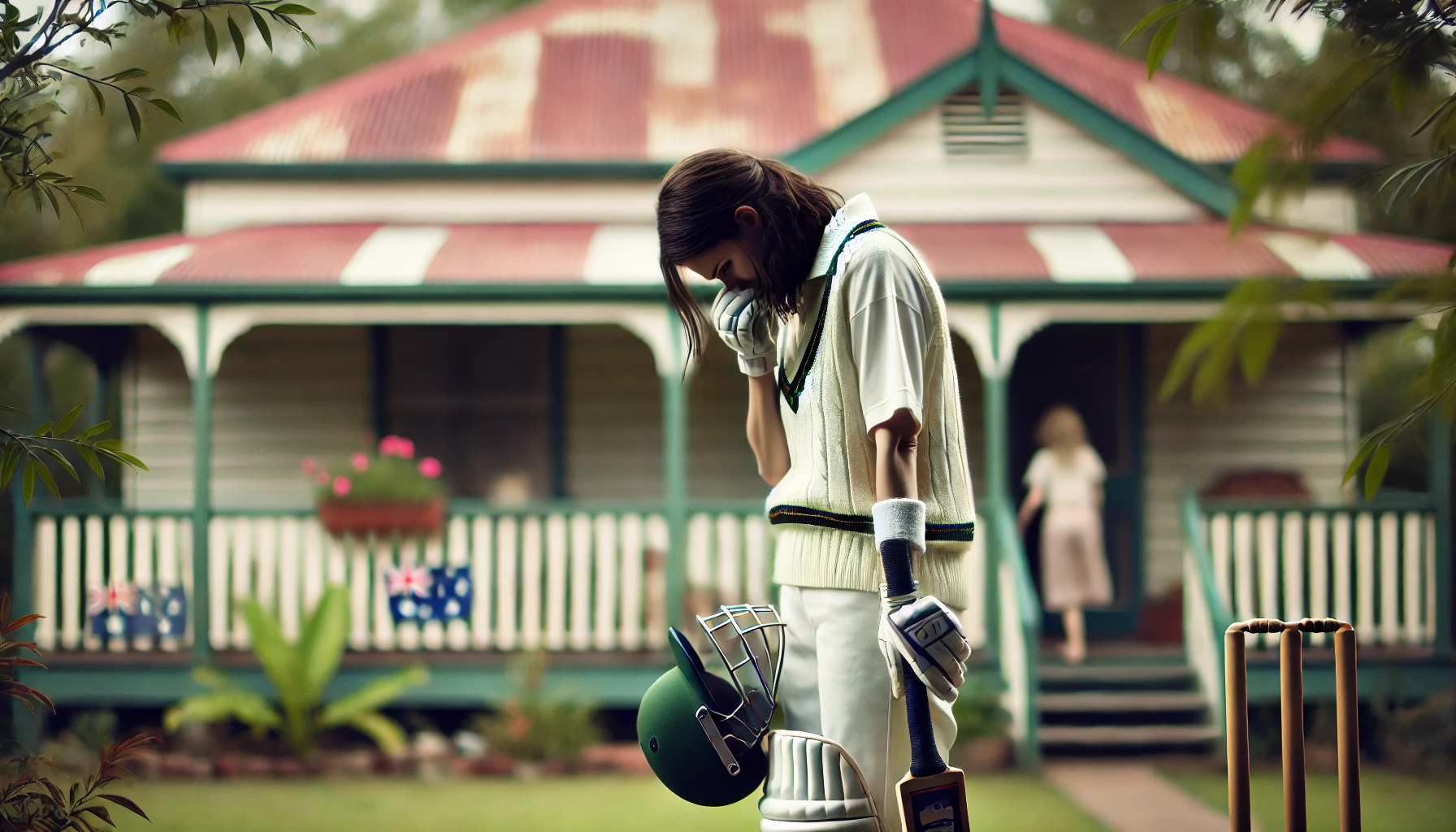
Societal expectations can have a significant impact on women cricketers, influencing how they navigate the balance between their professional and personal lives. In many cultures, women are often expected to prioritize family and caregiving roles, which can create tension when these expectations conflict with the demands of a professional sports career. For women cricketers, managing these societal pressures while pursuing their passion for cricket can be challenging and, at times, overwhelming.
One of the most pervasive societal expectations is the belief that women should prioritize family life over their careers. This expectation can manifest in various ways, from subtle social pressures to overt criticism from family, friends, or even the media. For women cricketers, this can lead to feelings of guilt or inadequacy, particularly if they feel they are not meeting these societal standards. The pressure to conform to traditional gender roles can also impact their career decisions, such as delaying or forgoing opportunities in cricket to fulfill family obligations.
In some cases, societal expectations can also affect the level of support that women cricketers receive from their communities. In cultures where women’s sports are not as widely accepted or celebrated as men’s sports, female cricketers may struggle to gain recognition and support for their achievements. This lack of support can make it more difficult for them to balance their careers with personal life, as they may face additional obstacles in securing resources, sponsorships, or even basic recognition for their contributions to the sport.
Moreover, societal expectations can shape how women cricketers perceive their own success and self-worth. For some female athletes, success in cricket may be viewed as secondary to their roles as wives, mothers, or caregivers. This can lead to internal conflict and self-doubt, as they struggle to reconcile their passion for the sport with the expectations placed upon them by society. Overcoming these internal and external pressures requires a strong sense of identity and purpose, as well as the support of those who value their contributions to both cricket and their personal lives.
Societal expectations play a significant role in shaping the experiences of women cricketers as they strive to balance their professional and personal lives. These expectations can create additional challenges and pressures, influencing their career decisions, levels of support, and perceptions of success. Addressing these societal pressures is crucial for creating an environment where women cricketers can thrive both on and off the field, free from the constraints of traditional gender roles.
Navigating Parenthood and a Professional Cricket Career
Navigating parenthood while maintaining a professional cricket career is one of the most challenging aspects of balancing personal and professional life for women cricketers. The demands of motherhood, combined with the rigorous schedule of a professional athlete, can create significant strain and require careful planning, support, and determination. For many women cricketers, the decision to start a family often involves complex considerations, including career timing, financial stability, and access to adequate support systems.
One of the primary challenges of balancing motherhood with a cricket career is managing time effectively. The responsibilities of parenthood, such as caring for young children, attending school events, and managing household tasks, often require a significant time commitment. For women cricketers, who must also dedicate long hours to training, matches, and travel, finding the time to fulfill both roles can be incredibly difficult. This often necessitates a strong support network, including partners, family members, and childcare providers, who can assist with caregiving responsibilities while the cricketer is focused on her career.
In addition to time management, women cricketers who are mothers must also navigate the physical demands of pregnancy and postpartum recovery while maintaining their athletic performance. Returning to peak physical condition after childbirth requires time, patience, and access to specialized training and medical support. Many women cricketers have shared their experiences of working closely with trainers and healthcare professionals to safely regain their strength and fitness levels, while also managing the demands of a newborn.
Another significant challenge is the financial implications of balancing parenthood with a cricket career. Unlike many male athletes, women cricketers often face disparities in pay, sponsorship opportunities, and financial support, which can make it more difficult to afford the necessary resources for childcare and family support. This financial pressure can add an additional layer of stress, as women cricketers strive to provide for their families while also pursuing their professional goals. Some female athletes have advocated for better maternity leave policies, increased financial support, and more flexible scheduling within cricket organizations to help address these challenges.
Navigating parenthood while maintaining a professional cricket career requires careful planning, support, and determination. Women cricketers must balance the physical, emotional, and financial demands of motherhood with the rigorous requirements of their sport. With the right support systems in place and a commitment to both their families and their careers, many women cricketers successfully manage this balance, serving as inspiring examples of resilience and dedication.
Mental Health and the Pressure of Balancing Cricket and Life

The pressure of balancing a professional cricket career with personal life can have a significant impact on the mental health of women cricketers. The constant demands of training, competition, and travel, coupled with the responsibilities of personal life, can lead to stress, anxiety, and burnout. For many women in cricket, finding ways to manage these pressures and maintain their mental well-being is essential to sustaining both their careers and their personal happiness.
One of the primary sources of mental health challenges for women cricketers is the pressure to perform at a high level while also meeting the expectations of family and society. The need to excel on the field, coupled with the demands of personal life, can create a sense of overwhelm and lead to feelings of inadequacy. This pressure is often exacerbated by the public scrutiny that comes with being a professional athlete, where performance is constantly evaluated, and personal life choices are often subject to public opinion.
The lack of work-life balance in professional sports can also contribute to mental health challenges. Long periods away from home, the physical demands of training and competition, and the emotional highs and lows of sport can take a toll on a cricketer’s mental health. For women cricketers who are also managing family responsibilities, the challenge of finding time for self-care and relaxation can be particularly difficult. Without adequate support and coping strategies, these pressures can lead to burnout, depression, and other mental health issues.
However, many women cricketers have found ways to manage these challenges and maintain their mental well-being. One of the key strategies is seeking support from mental health professionals, such as sports psychologists, counselors, and therapists, who can provide tools and techniques for managing stress and maintaining a healthy mindset. Additionally, many female athletes emphasize the importance of self-care practices, such as meditation, yoga, and mindfulness, which can help them stay grounded and focused amidst the pressures of their careers.
Cricket organizations and teams also play a crucial role in supporting the mental health of women cricketers. Providing access to mental health resources, promoting a culture of open communication, and encouraging work-life balance can help create an environment where female athletes feel supported and valued. By prioritizing mental health, cricket organizations can help women cricketers achieve long-term success and well-being, both on and off the field.
The pressure of balancing a professional cricket career with personal life can have a significant impact on the mental health of women cricketers. Managing these pressures requires a combination of professional support, self-care practices, and a supportive environment. By addressing mental health challenges and promoting well-being, women cricketers can maintain a healthy balance and continue to excel in their sport.
The Role of Cricket Organizations in Supporting Women Cricketers
Cricket organizations play a critical role in supporting women cricketers as they navigate the challenges of balancing their professional and personal lives. By providing resources, policies, and a supportive environment, these organizations can help female athletes achieve success on the field while also fulfilling their personal responsibilities. The involvement of cricket boards, teams, and associations is essential in creating a culture that values and supports women cricketers in all aspects of their lives.
One of the most important ways cricket organizations can support women cricketers is by implementing family-friendly policies. This includes offering maternity leave, flexible scheduling, and financial support for childcare. These policies can help female athletes manage the demands of parenthood while maintaining their cricket careers. For example, some cricket boards have introduced central contracts for women cricketers that include provisions for maternity leave and financial support during pregnancy and postpartum recovery. By providing these resources, cricket organizations can help women cricketers feel secure in their careers and empowered to start a family without sacrificing their professional aspirations.
Another crucial area of support is mental health resources. Cricket organizations can provide access to sports psychologists, counselors, and other mental health professionals who can help women cricketers manage the pressures of their careers and personal lives. Promoting a culture of open communication about mental health and reducing the stigma around seeking help is also important. By prioritizing mental health, cricket organizations can help female athletes maintain their well-being and avoid burnout.
In addition to policies and resources, cricket organizations can also play a role in promoting gender equality within the sport. This includes providing equal opportunities for women cricketers in terms of training, facilities, and financial support. By investing in women’s cricket and ensuring that female athletes have access to the same resources as their male counterparts, cricket organizations can help level the playing field and support the growth and development of women’s cricket.
Finally, cricket organizations can support women cricketers by creating a supportive and inclusive environment. This includes fostering a team culture that values diversity, promotes work-life balance, and encourages open dialogue about the challenges women face in balancing their professional and personal lives. By creating a positive and supportive environment, cricket organizations can help women cricketers thrive both on and off the field.
Cricket organizations play a crucial role in supporting women cricketers as they balance their professional and personal lives. By implementing family-friendly policies, providing mental health resources, promoting gender equality, and creating a supportive environment, cricket organizations can help female athletes achieve success and well-being in all aspects of their lives. The involvement and commitment of these organizations are essential for the continued growth and development of women’s cricket.
Conclusion: Navigating the Complexities of Women’s Cricket and Life Balance

Balancing a professional cricket career with personal life presents significant challenges for women cricketers. The demands of the sport, combined with societal expectations, family responsibilities, and the pressures of mental health, create a complex and multifaceted experience for female athletes. However, with the right support systems, resources, and strategies, many women cricketers successfully navigate these challenges and achieve a fulfilling balance between their careers and personal lives.
The role of family and support networks is critical in helping women cricketers manage their responsibilities and maintain their well-being. From emotional encouragement to practical assistance, the backing of loved ones and mentors provides the foundation for success in both cricket and personal life. Additionally, the involvement of cricket organizations in providing family-friendly policies, mental health resources, and a supportive environment is essential in creating a culture where women cricketers can thrive.
As women’s cricket continues to grow and gain recognition, it is important to address the unique challenges that female athletes face in balancing their professional and personal lives. By prioritizing support, resources, and gender equality within the sport, the cricketing community can help women cricketers achieve their full potential and inspire future generations of female athletes.
The complexities of balancing women’s cricket and personal life require a holistic approach that includes support from family, mentors, and cricket organizations. By addressing these challenges and fostering a culture of support and equality, women cricketers can continue to excel on the field while leading fulfilling personal lives.

